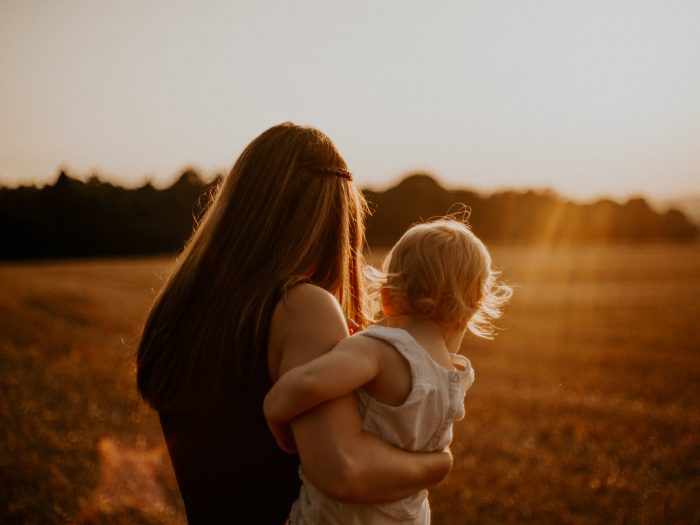(Spoiler Alert: If you haven’t seen “Maid”, currently streaming on Netflix, starring Margaret Qualley and Andie MacDowell, please be aware this article contains spoilers).
“Maid”, a drama series currently streaming on Netflix starring Margaret Qualley and Andie MacDowell, displays the gritty reality of impoverishment and domestic abuse in the United States. It is based on the best-selling memoir of the same name, written by Stephanie Land. The characters are complex. There are no one-dimensional villains. How codependency and abuse are passed down from one generation to another is clearly laid out.
An honest portrayal of the complexities of emotional abuse and codependency, “Maid” also outlines the difficulties of navigating a legal system not designed by the women it was meant to protect.
“Maid” tells the story of Alex, a woman trying to escape the toxic, emotionally abusive relationship she is in with Sean, her alcoholic boyfriend. He is the father of their 3-year-old daughter, Maddy. One night after Sean punches a wall in a drunken rage, resulting in shards of broken glass flying through the air and ending up in Maddy’s hair, Alex has had enough. She escapes into the night with Maddy in tow. A panicked Alex sings “Shoop” by Salt-N-Pepa along with the car’s cassette player at her daughter’s request.
The real story of how difficult it is for women to leave a potentially dangerous relationship begins when Alex enters the court system to fight for custody of her daughter. We see how difficult it is for a woman with literally no support, other than her estranged alcoholic-in-recovery father and her manic-codependent, schizoaffective mother, to navigate the bureaucracy that seems to favor her ex, Sean.
Alex is barely supporting herself and Maddy by working as a maid. She dreams of becoming a writer, and one day, finds out she has been accepted into the University of her Dreams in Missoula, Montana, which is more than a five-hour drive from Maddy’s father. After securing student loans, housing and daycare, the only thing that is holding Alex back from pursuing her degree is the custody battle raging between her and Sean. Alex is forbidden to bring Maddy to Missoula by the courts, because her ex won’t permit it.
After much drama ensued, a seemingly happy ending occurs when Sean realizes on his own accord, during a supervised visit with his daughter, that he is not emotionally equipped to handle fatherhood. After he verbally abuses Maddy while hungover, traumatizing the child, he agrees to let Alex bring Maddy to Missoula, and the story closes with a happy montage of golden hour bliss showing Alex and Maddy climbing to the top of a sunlit hill, and gazing off into their hopeful future.
The most realistic part of this ending is that it was up to the “patriarch” (Sean) to make the decision for Alex to be able to go to college and provide a better life for herself and Maddy. At the same time, it was also the most unrealistic part of the ending, too. That the abuser suddenly had a spark of insight and let go of trying to control Alex’s life is a rare outcome for many women.
The reality is, most abused women’s stories rarely end with the abuser having a “come to Jesus” moment and doing the right thing. Stephanie Land, the author of the book “Maid” beat the system and won full custody of her daughter, but far too many women do not get this outcome. Most of them end up dead.
The majority of abused women will not have a happy ending, like Alex did. Instead, they end up tied up in court for years, emptying their pockets for lawyers’ fees, struggling. Or worse, they end up back with the abuser out of desperation. For far too many women who have suffered domestic abuse, there will never be a happy ending. Alex was not in control of her destiny. Nor was she in charge of Maddy’s. It was only because Sean granted them permission to go on with their lives that a happy ending for Alex was possible. It is a rude reminder that women are still being restricted by our society’s structures in pursuing their happiness. Our society needs to find ways to better empower women and their children. If we don’t empower women to leave abusive situations with their children, we are guaranteeing that the cycles of abuse will continue to be passed on from one generation to another.












Read 5 comments and reply